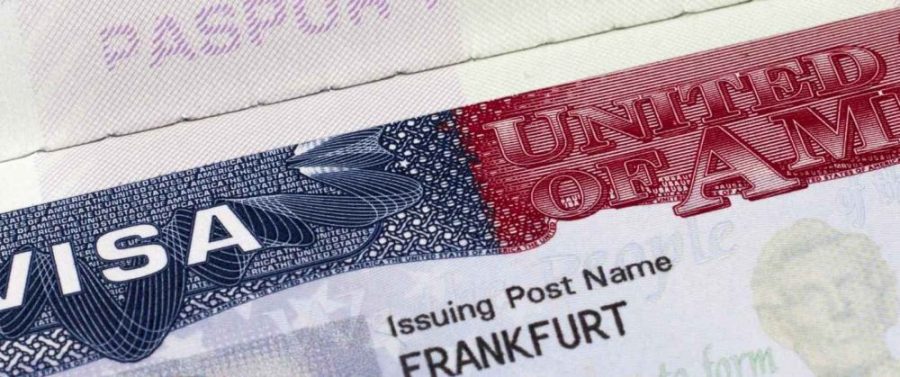The US startup visa scheme known as “international entrepreneur parole”, offers qualified foreign entrepreneurs are granted temporary parole, in order to increase and enhance entrepreneurship, innovation, and job creation in the United States.
On May 25, 2018, DHS proposed to eliminate the IE Final Rule because the department believes that it represents an overly broad interpretation of parole authority, lacks sufficient protections for U.S. workers and investors, and is not the appropriate vehicle for attracting and retaining international entrepreneurs. Read the notice of proposed rulemaking in the Federal Register.
On Jan. 17, 2017, the Department of Homeland Security (DHS), under the prior Administration, published the International Entrepreneur Rule (IER), which was scheduled to take effect on July 17, 2017. The IER established a new regulatory process and criteria for certain foreign entrepreneurs to be paroled into the country and seek U.S. investment to develop and grow businesses. On July 11, DHS published a delay rule to extend the effective date of the IER to March 14, 2018, to ensure it is consistent with President Trump’s Executive Order (EO), Border Security and Immigration Enforcement Improvements. This EO states that it is the policy of the executive branch to “end the abuse of parole and asylum provisions currently used to prevent the lawful removal of removable aliens.”
Under the International Entrepreneur Rule (IER), DHS may use its parole authority to grant a period of authorized stay, on a case-by-case basis, to foreign entrepreneurs who demonstrate that their stay in the United States would provide a significant public benefit through their business venture and that they merit a favorable exercise of discretion.
DHS considers on case by case basis for this scheme and entrepreneurs granted parole, will be eligible to work only for their start-up business. The spouses and children of the foreign entrepreneur may also be eligible for parole.
The requirements for the entrepreneurs which will equate to the potential of significant public benefit are as follows:
- Must own at least 10% of the startup and play a prominent role in the startup’s operations.
- The entrepreneur’s startup must have been formed in the U.S. in the preceding five years before applying.
- The startup displays the potential to have accelerated growth and benefit the U.S. economy with the creation of jobs. This potential is indicated by:
- Receiving significant investment of capital (at least $250,000) from certain qualified U.S. investors with established records of successful investments in the 18 months before applying.
- Receiving significant awards or grants (at least $100,000) from certain federal, state or local government entities.
- Partially satisfying one or both of the above criteria in addition to other reliable and compelling evidence of the startup entity’s substantial potential for rapid growth and job creation
The parole, if approved, would provide a temporary initial stay of up to 30 months (which may be extended by up to an additional 30 months) to facilitate the applicant’s ability to oversee and grow his or her start-up entity in the United States.
Sources:
- https://www.uscis.gov/humanitarian/humanitarian-parole/international-entrepreneur-parole
- https://www.federalregister.gov/documents/2018/05/29/2018-11348/removal-of-international-entrepreneur-parole-program





